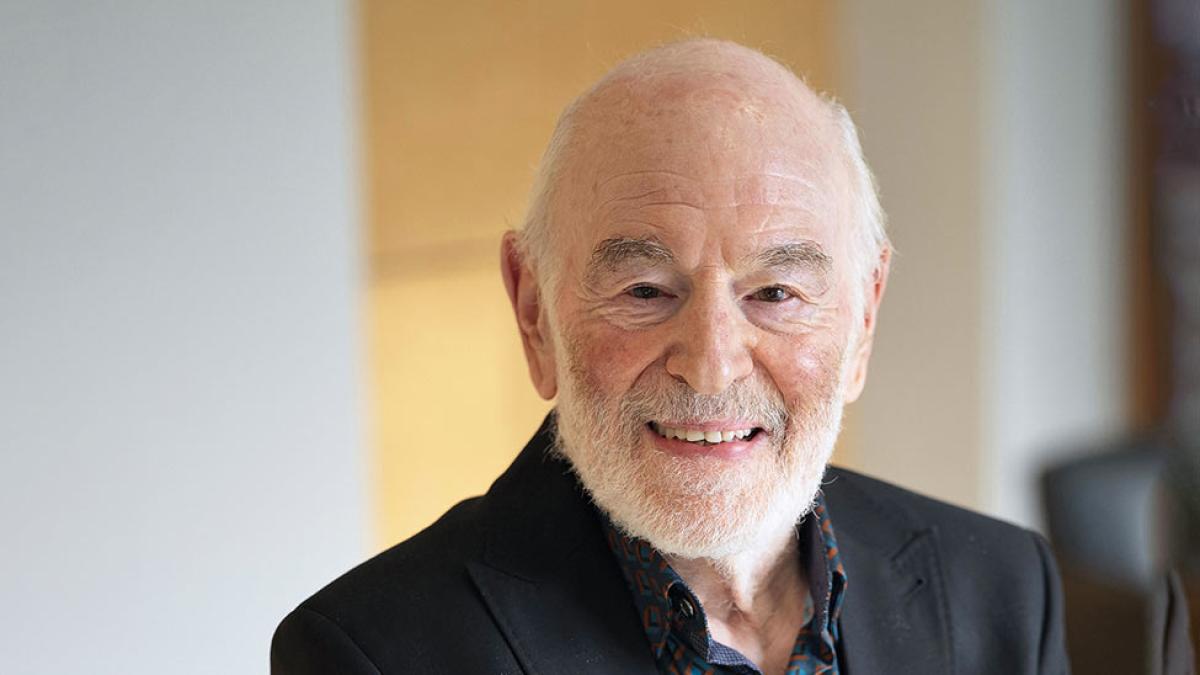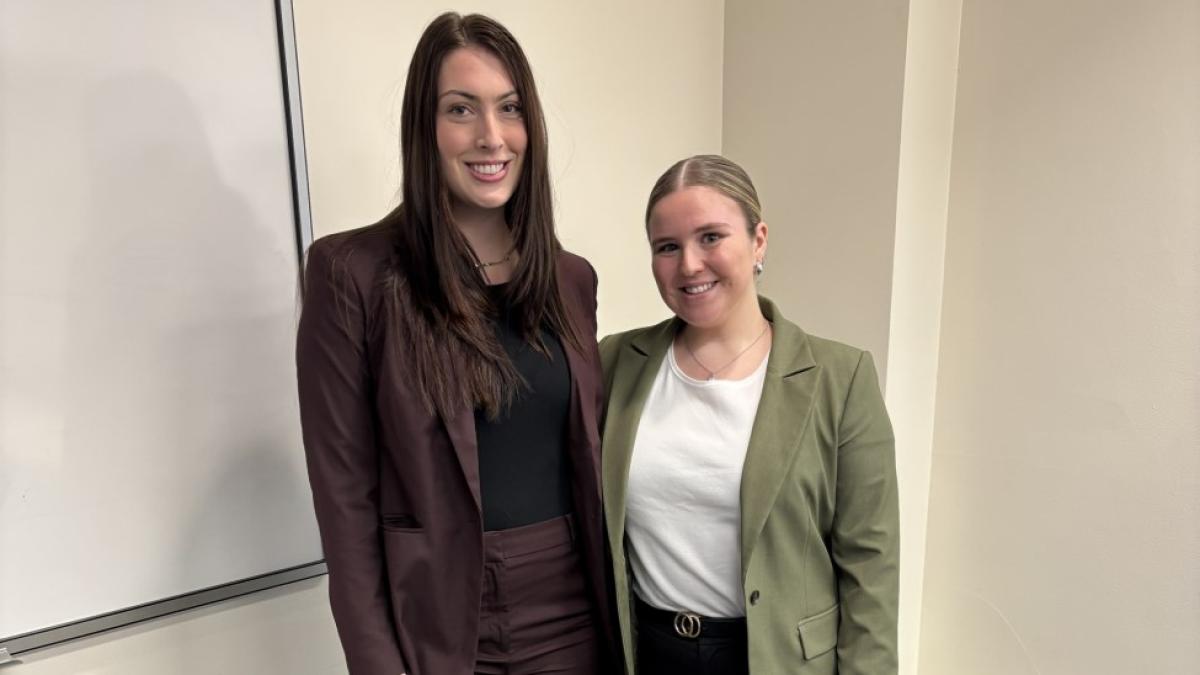Pace Haub Law Professor Bennett Gershman pens an op-ed in amNewYork arguing that New York’s U.S. Attorney John Sarcone exemplifies what he views as problematic Trump-era federal prosecutor appointments. Professor Gershman contends that such appointments risk politicizing the Department of Justice and eroding public trust in the rule of law.
Powerless Beings: Solitary Confinement of Humans and Non Humans in America
Everyday thousands of humans and millions of nonhumans endure solitary confinement. Human prisoners held in this way are confined for 22 to 24 hours a day for weeks, months, or even years on end in cells the size of a parking space. For these humans, the experience is tortuous. Captive animals held in solitary confinement similarly spend much of their lives locked into tiny spaces, isolated, and deprived of the types of interactions and environment essential to their wellbeing. And, like humans, they are driven mad. In human and nonhuman settings, the agony of solitary is chillingly alike and harmful. And, in neither setting is it justifiable or necessary.
In their article, Powerless Beings: Solitary Confinement of Humans and Non Humans in America, published in Nebraska Law Review, Haub Law Professors Michael Mushlin and David Cassuto use a comparative format to examine the moral, penological and scientific shortcomings of solitary confinement across species. The article sheds light on the importance of empowering all creatures subjected to solitary confinement. “If we adequately protect all vulnerable beings, the unnecessary suffering inflicted by solitary confinement will finally end,” they write.

